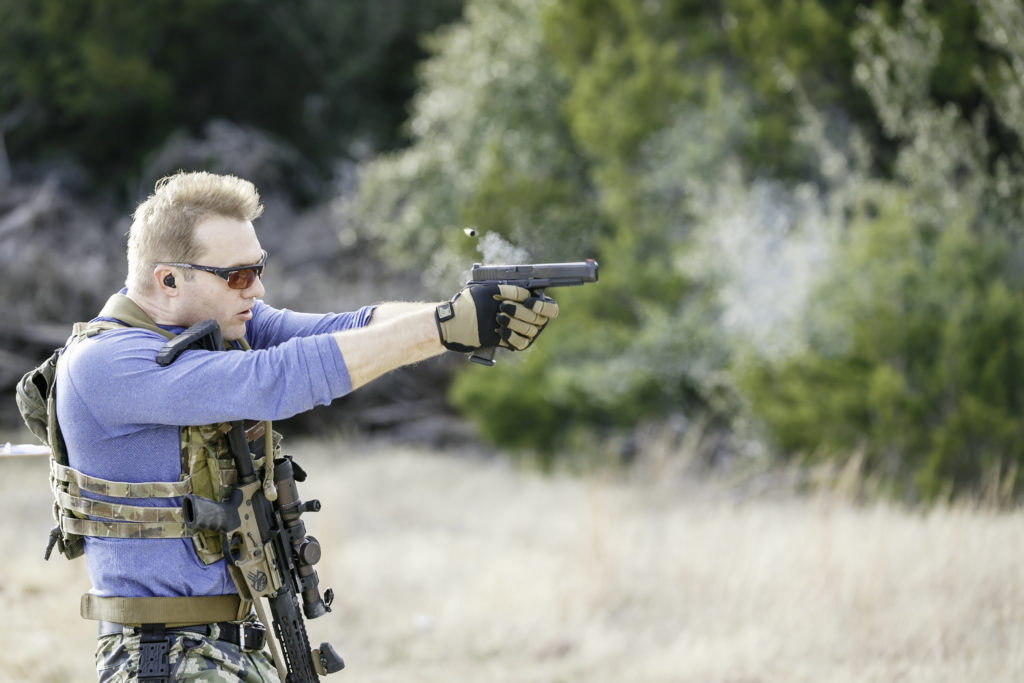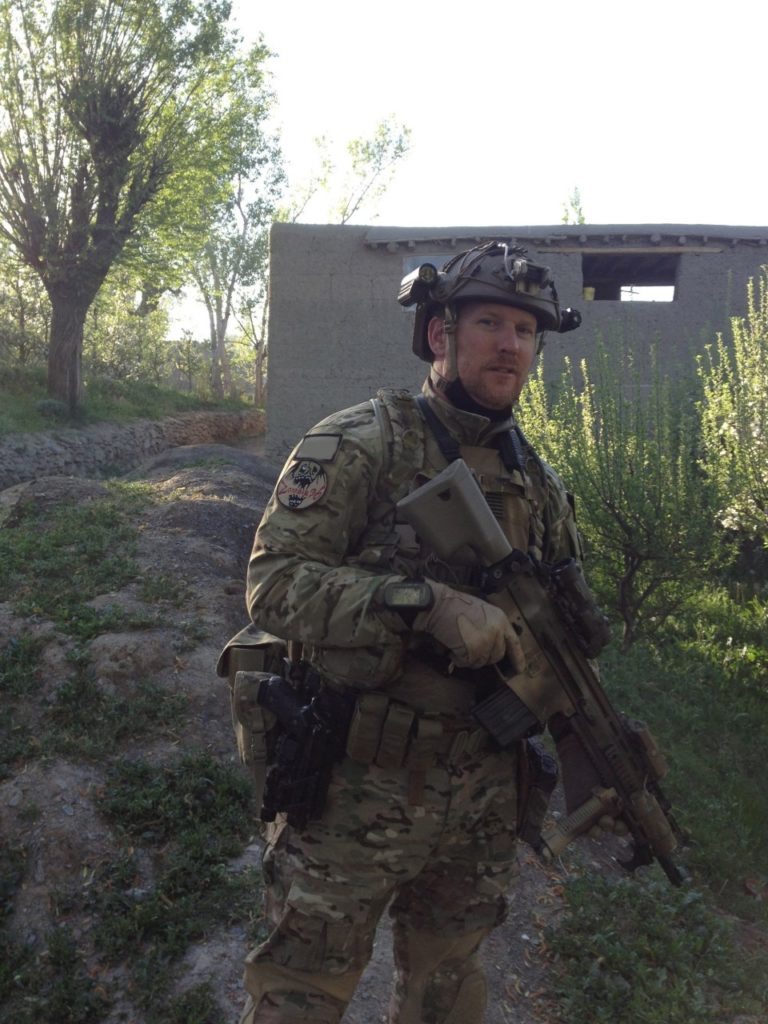
It can be said that a riot is only 48 hours away when essential services are no longer available, and so success favors a prepared mind. How does an individual plan for the unexpected? How can an individual plan for every possibility? Preparedness is not about a solution for
for every emergency; instead, it rests on the wings of common sense and logical thought. Having a prepared mind comes from experience, education, and training.
No one starts with all the answers or an ability to derive the right decisions. Developing a universal compass providing an individual with a social azimuth to avoid danger takes time and experience. The ability to survive is purely mindset, training, and experience. Luckily, there are many qualified professionals from various backgrounds that are happy to share and train those who are not skillful in these crafts. This article is a reflection of experiences and training but not the hard skills that are so common to kinetic or violent responses. Instead, this article reflects on the salience of one’s environment.
TECHNICAL SOURCES
There is a multitude of sources to draw upon when searching the internet. Internet sources are endless, so how does an individual find experienced sources, and what validity do they possess? The phenomenon is a troubling issue; it is critical to validate a source. Check their

background, examine their history to include actual time spent in their communities of expertise. An individual’s need to boast about their skill sets, past, and title(s) provides a good indication that they may lack the experience to be genuinely credible, let alone a trusted source.
There is a difference between a bio and a moment of grandeur. I have personally seen many who claim to be skilled warriors, but their abilities and life experiences lack life experience. Still, these individuals cash in on past titles only to have those on the internet who do not know better raise them to a level of false validation they do not deserve, nor have they truly earned. Again, if an individual has to celebrate and lie about their past, I view their instruction with considerable skepticism. This part is vital; know who is actually passing along information; many have a title but are compelled to lie in order to impress their audience. The quiet professional will provide great instruction without a need to pontificate about themselves.
KNOW YOURSELF

Let us take a look at where real preparedness starts. The obvious answer is the mind, but how many experts begin with the human psyche? You may hear someone speak of mindset, what is mindset? The American Psychological Association describes mindset as a mental construct of ideas that originate from an individual’s talents, actions, and intelligence; mindset is a belief that can be fixed or flexible. Mindset means an individual can have rigid ideas regarding what they know or can become resilient and adjust to their environment.
The mind has a mental loop that processes information and actions. The information received from the environment is registered and passed to the brain, this is called bottom-up processing. The mind stores this information that it has received from the senses, and a memory is created. When decisions must be made, knowledge is accessed, and a decision is made and passed on to the peripheral nervous system as a reaction or response. This process is referred to as top-down processing. Top-down processing is built around cognition or the ability to think. The goal is to receive training and experience to create muscle memory coupled with wisdom. These two cognitive processes will give the individual the needed combination of skills required to make sound decisions based on the environment. There is a difference between untrained reactions and well-trained responses.
TACTICAL PROCESSING
There are three major areas we need to glance at in terms of being a skilled warrior. The three parts are the frontal and prefrontal cortex, the hippocampus, and the amygdala. The frontal and prefrontal cortex is where higher learning and thought occur; this area of the brain allows language, mood, complex problem solving, and higher thinking. This part is critical for being aware of one’s environment. Cognition is where your experience plays out. Your wisdom and tactical skills are stored here, and this is where your decision to fight or flight is processed. Knowledge is power.

Next is your hippocampus; this part of the limbic system in your brain is a sort of hard drive that stores long-term information. These memories allow you to draw on past experiences, bring them to the prefrontal and frontal cortexes, and engage those memories to be processed. You can make
complex decisions rapidly or plan in advance for perceived threats. Do I go down this dark alley? Is this person a threat? Do I want cheese on this? The choices can go on and on. The hippocampus works hand in hand with another part of the brain; it is your ally and your enemy. This last part is the amygdala. The amygdala is the fear center of the brain. The amygdala is where past experiences or perceived threats are stored. That is why likely every person who has viewed the movie Jaws will likely think of a giant shark in a lake when swimming and have an irrational moment of fear, even if just a gleaming of fear. We know there is not a 40ft Great White shark in Lake Travis, but your mind will try to tell you there is. This primitive natural response is designed to keep you alive. For some, it works smoothly with the hippocampus and cortexes, but for others, it causes mental paralysis. That is why training and experience can retrain how the amygdala influences cognition. Make rapid intelligent decisions based on experience and training.
THE SPEED OF FIGHT
The term muscle memory derives from the aspect that the mind and body can be trained seamlessly through repetition, this creates an autonomic response that can be established, providing instant response feedback for a particular action or function. How does this happen? The need for autonomic responses is created

through repeated actions in a significant amount. This response is almost entirely numerical. An autonomic response can be good or bad, and regardless it has to be repeated over and over. Many sources speculate that forming a habit takes over three months of doing something every day, but looking, it is the automatic response that we want.
The peripheral nervous system is designed to create expressways for specific messages to travel to the brain. These neural pathways take time to develop, and thousands of repetitions are required to learn them. This is why it takes time to build muscle memory, and it takes careful planning to ensure what you are reinforcing is worth committing to memory. The practice of skills requires repetition, but the choice of what skills to train involves diligence. Choose wisely what skills you chose to commit to the autonomic response. Then practice those skills carefully and correctly.
FINAL THOUGHTS
Being prepared for natural or man-made disasters can become a process that can engulf your mind. Preparation and planning derive from mindset, and as we know, mindset is built on fixed and fluid ideas or perceptions. Looking at the correct sources for training, pulling past experiences to learn from, and practicing learned skills will provide even the most novice individual with advantages for survival. The one thing above all to stay alive and ahead of the curve is going to be the fifth and final principle of military patrolling; that principle is common sense. Use the natural gifts given to you.
It is imperative to know your surroundings, understand yourself, and learn skills you feel will best represent your success based on the situation at hand. What you need to prepare for in a tropical storm may cross over in some areas of interest to rioting in Dallas or Austin. Still, not all of these skills will be equal because the environment varies due to different circumstances. Understanding how your mind works, one can manipulate it allowing for greater efficiency. Exposures to events and situations in training can provide tools that the brain needs to prepare for perceived threats. Looking to past events; we know history repeats itself, so if a riot acted a specific way before, it has a high probability of operating the same way again. With the current situation, look to history, view how rioters and revolutionaries have conducted cultural revolutions in other parts of the world, and I believe you can see direct correlations to today. Staying ahead means research, training, and exposure. Know yourself and your environment with a prepared mind.
About The Author

Toby Melville is a 21-year Special Operations veteran with 11 years currently as an industrial contractor overseas. Toby uses a cross of both tactical training, combat experience, and education in combat psychology to bridge mindset, science, and training for the benefits of personal safety and responsibility. Toby Melville is also owner/operator with his wife Michelle at Bad Company Tactical and Leapus210.



